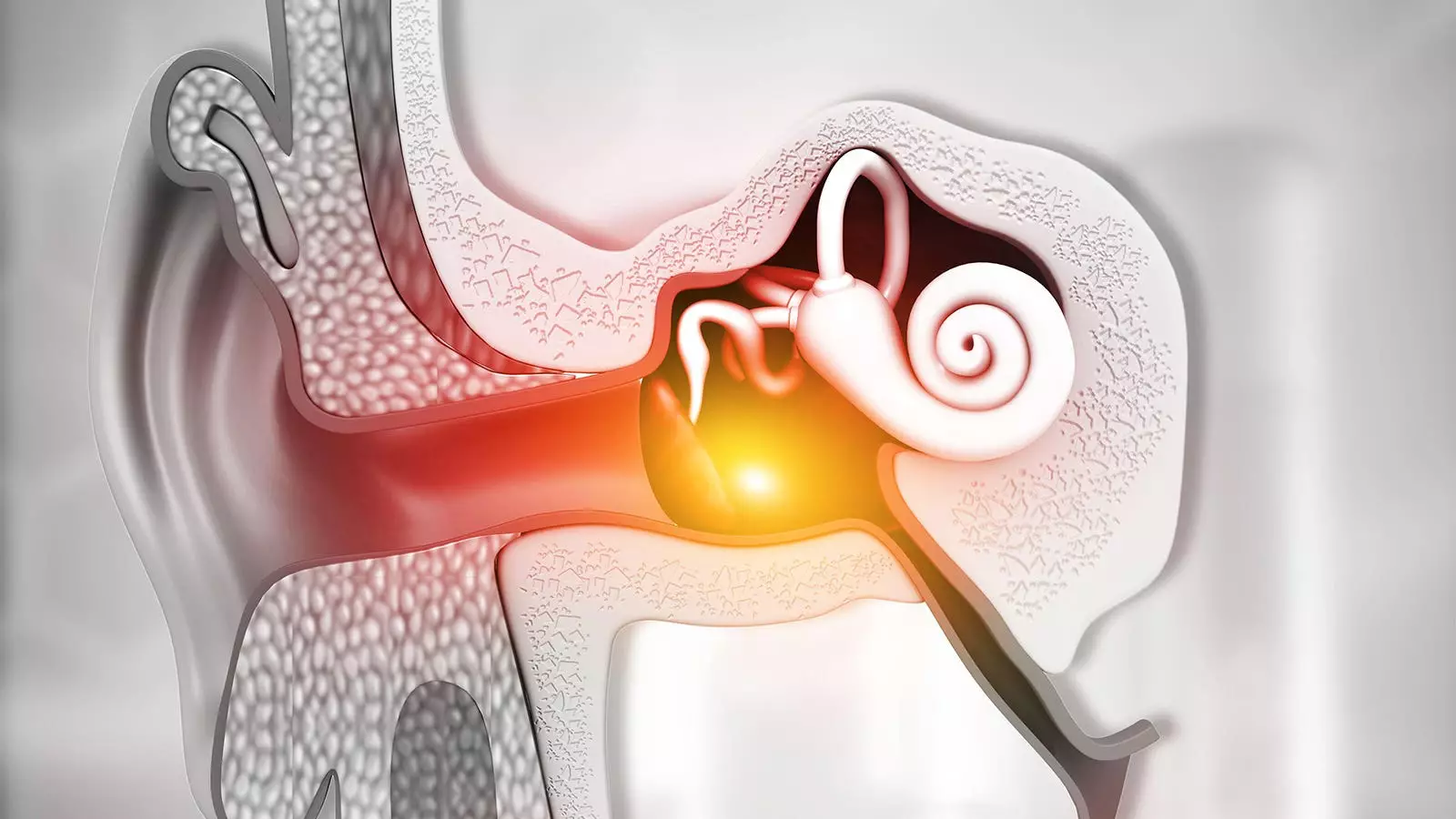In recent years, the exploration of various health factors has unveiled several surprising connections, particularly between hearing loss and the risk of developing Parkinson’s disease. An extensive study involving the health records of over 3.5 million U.S. military veterans suggested a clear correlation: the severity of hearing loss shows a direct, dose-dependent relationship with the onset of Parkinson’s disease. Furthermore, the evidence supports that early intervention through hearing aids may significantly mitigate that risk.
This groundbreaking research led by Dr. Lee Neilson from Oregon Health & Science University studied veterans’ health records from 1999 to 2022, focusing on those who underwent an audiogram. The sample predominantly consisted of male veterans (96%), with an average age of 67. Among these individuals, various levels of hearing impairment were identified: from normal hearing to severe-to-profound hearing loss. Strikingly, even mild hearing impairment was associated with an increased risk of developing Parkinson’s disease over the following decade. Specifically, the study revealed a 26% heightened risk for individuals with any level of hearing loss compared to their counterparts with normal hearing, a statistic that emphasizes the urgency of addressing hearing health.
The researchers reported that, over ten years, the rate of new Parkinson’s disease cases was significantly higher among veterans experiencing hearing loss. For instance, mild hearing loss equated to an additional 6.1 cases, while those with severe-to-profound loss witnessed an increase of 12.1 cases. These manifestations reinforce the concept that as hearing diminishes, the likelihood of concurrent neurodegenerative disorders, such as Parkinson’s, escalates.
A particularly encouraging finding from this study was the role of hearing aids in alleviating the risk of developing Parkinson’s disease. The data indicated that veterans who received hearing aids within two years of their initial audiogram experienced a notable decrease in the incidence of Parkinson’s disease—specifically, a reduction of approximately 21.6 cases per 10 years. This effect suggests that there might be a preventive aspect to hearing aids that could go beyond merely enhancing auditory functions; they may play a significant role in neuroprotective strategies.
Dr. Neilson and his team emphasized the importance of early intervention, noting that the benefits of hearing aids were evident as soon as one year after obtaining them. This insight opens a compelling dialogue about the potential of proactive audiological care not just for improving quality of life but for preventing serious neurodegenerative conditions.
Linking hearing loss with neurodegeneration is not new, but the findings of this study add substantial weight to existing research. Earlier trials, like the ACHIEVE study, have shown a correlation between hearing aids and slower cognitive decline in at-risk populations, suggesting that maintaining auditory health may be integral to the broader spectrum of neurological health. Dr. Neilson remarks on the significance of these connections, stressing that unlike some sensory impairments—like anosmia, which may not have an immediate corrective measure—hearing loss is treatable and thus a key area for public health intervention.
While prior studies and insurance claims data have hinted at the relationship between hearing impairment and subsequent Parkinson’s diagnoses, Neilson’s work provides the first clear evidence from a large-scale, controlled dataset. The findings compel the medical community to take the risk of hearing loss seriously, advocating for the implementation of routine hearing assessments, particularly among aging populations.
Though promising, the study is not without its limitations. Predominantly involving white male veterans means that the implications might not be fully generalizable to diverse populations. Moreover, factors such as potential ototoxic drug exposure were not thoroughly examined, raising questions about unaccounted variables affecting the findings. Understanding the precise biological mechanisms that bind hearing loss to Parkinson’s disease remains a critical area for further research.
This study highlights an essential intersection of auditory health and neurological wellness; while the connection is becoming clearer, substantial work remains to identify the pathways and understand how best to intervene. Nevertheless, it lays the groundwork for healthcare professionals to reconsider the relevance of hearing assessments in broader health evaluations.
As the discussion surrounding preventive healthcare and screening continues to evolve, the relationship between hearing loss and neurodegenerative diseases like Parkinson’s necessitates further exploration and intervention, potentially saving lives through early recognition and treatment.

Leave a Reply